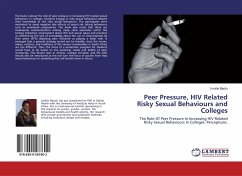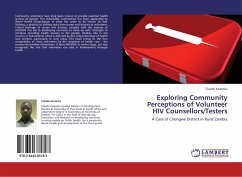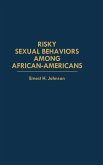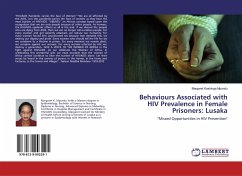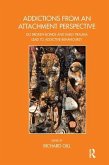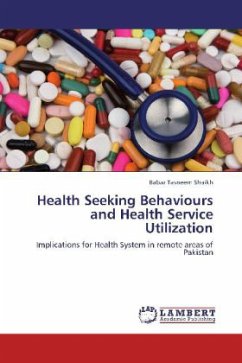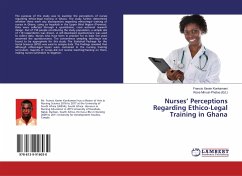The book is about the role of peer pressure in increasing HIV related sexual behaviours in colleges. Students engage in risky sexual behaviours despite their knowledge of the risky sexual behaviours. The participants were motivated to avoid negative side effects of sexual risk taking behaviours such as unwanted pregnancies. The book also notes that there are inadequate communications among many close associates within the tertiary institution environment about HIV and sexual issues and practices as reflected by the lack of knowledge about the use of contraceptives by their peers (47%) depicting peer influence as playing a lesser role. It emerged that a general strategy would not be feasible, since the norms, values, cultures, and traditions of the various communities in South Africa are too different. Thus, the focus of a prevention program for students would have to be based on the particular needs and beliefs of each community. This should start in schools, colleges included, and life skills should also be introduced as this will turn the focus of youths from risky sexual behaviours to something that will benefit them in future.
Bitte wählen Sie Ihr Anliegen aus.
Rechnungen
Retourenschein anfordern
Bestellstatus
Storno

